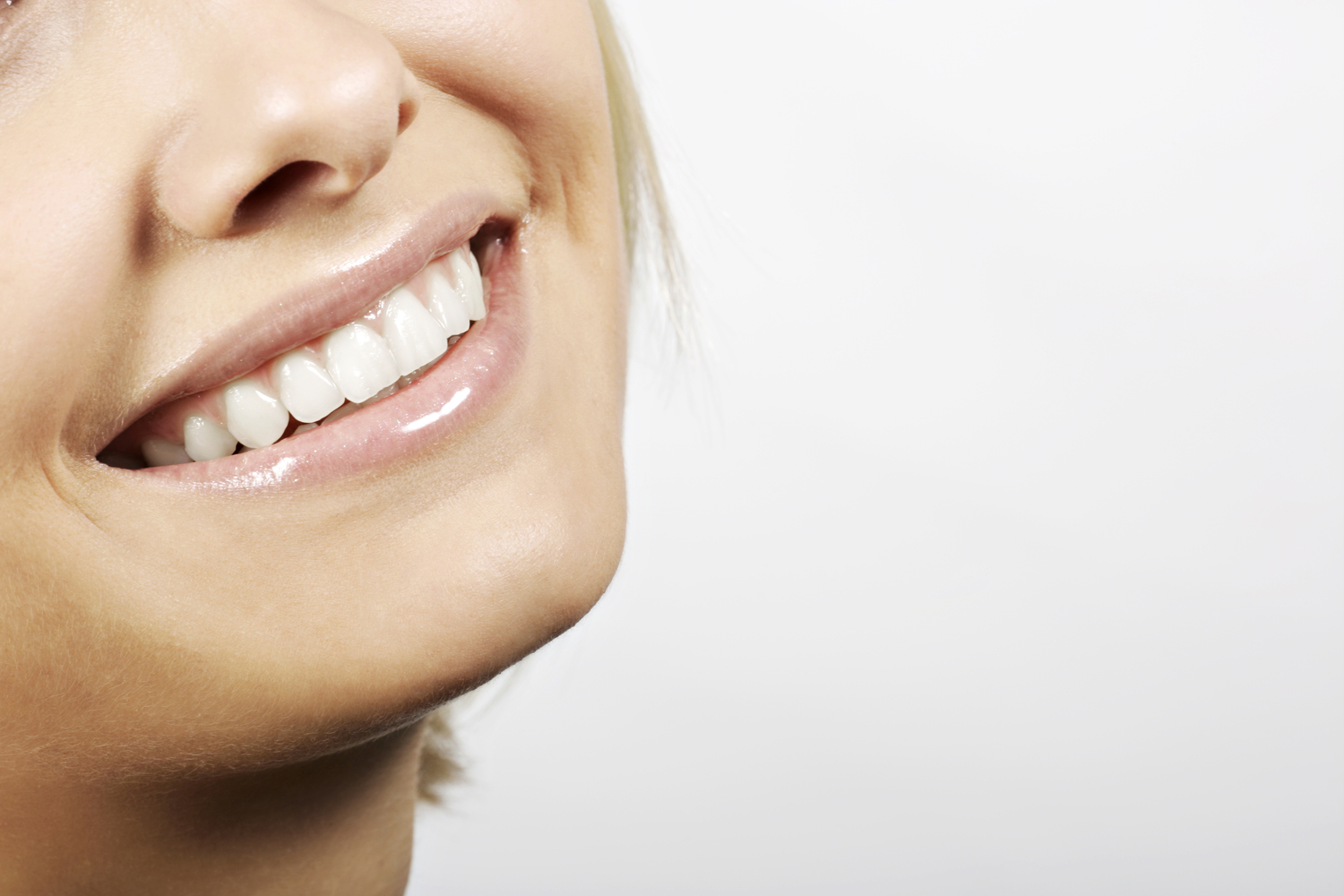
Oral hygiene is essential to prevent various oral health issues that may arise. Bad oral hygiene not only causes oral health issues but also leads to the following in many cases:
- Low self-esteem
- Swallowing issues
- Oral discomfort
- Problems in speech
- Serious health conditions in certain cases
If you do not treat your infections on time, there may even be higher chances of oral cancer.
Some common ways of maintaining good oral hygiene include visiting the dentist once or twice a year, regularly brushing your teeth, as well as, flossing.
Each group of people has to take their own precautionary measures and treatments. Let’s look at various tips to prevent oral health problems for all groups.
Children
Young children or infants are prone to Early Children Caries (ECC) syndrome which is identified by white spots near the gum line. These spots will turn to brown as they decay.
Sugars that come from milk or food cause ECC and steps can be taken to prevent it. Here are some preventive measures for ECC:
- You need to restrict bottle feeding.
- If you put babies to sleep with bottles, the leftover sugar will cause bacteria to form and lead to ECC.
- You can also regularly wipe their gums with a soft and thin cloth to remove the leftover sugar content.
- After your baby’s teeth start to grow, use a toothbrush with water only. Swallowing toothpaste can lead to fluorosis that is caused due to excessive fluorides.
- Once your baby is over a year old, switch from the bottle to a sippy cup.
Women
Women have to go through various dental issues throughout their life.
Teenage and Early Adulthood
When a young woman has periods, she is exposed to swollen gums and mouth sores.
During early adulthood, women need to practice good dental hygiene to protect their newborns. Bad oral hygiene can lead to preterm birth and this is a high risk for the baby.
Pregnancy
During pregnancy, there will be an unusual rise in hormones and this can lead to various side effects. An increase in or lack of saliva content can lead to gingivitis. Continuous vomiting also leads to tooth decay.
Even during pregnancy, you need to visit your dentist on time and take preventive measures.
Menopause
When women approach menopause, there are chances of periodontal diseases. It can also lead to burning mouth syndrome where women experience a change in taste perceptions and this is solved by oral creams and lozenges.
Older Adults
As you grow older, your teeth can become weak or you may be missing a few teeth. You may even experience dry mouth, difficulty in chewing as well as swallowing.
Residents of Long-Term Care Facilities
Children, adults and older adults in long-term care facilities face various dental issues due to poor dental hygiene or rushed dental healthcare.
Preventive care is difficult to provide for people in such facilities as there are few caregivers.
Tips for Oral Hygiene
Even though there are specific oral health care and precautions for different ages of people, all should practice good oral hygiene. Here are some common tips.
- Schedule a visit to the dentist once or twice a year.
- Brush twice daily with a fluoride toothpaste.
- Floss once per day.
- Brush or clean your tongue to remove bacteria and bad breath.
- Use mouthwash or rinsers.
Apart from oral hygiene, you need to visit the dentist if you notice any swollen gums, bad breath or severe toothache.








